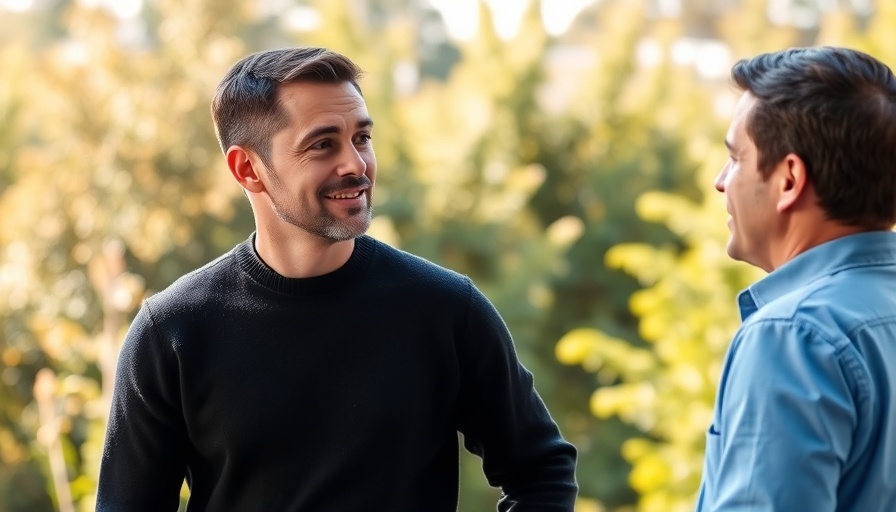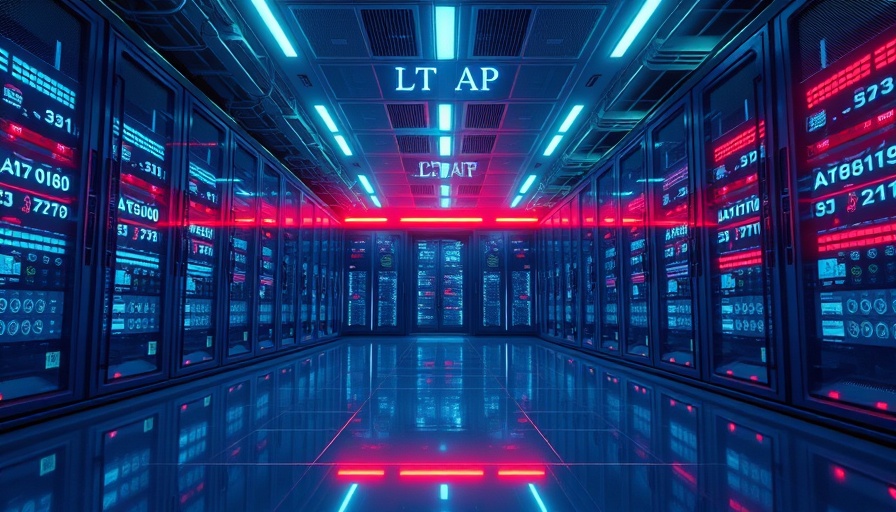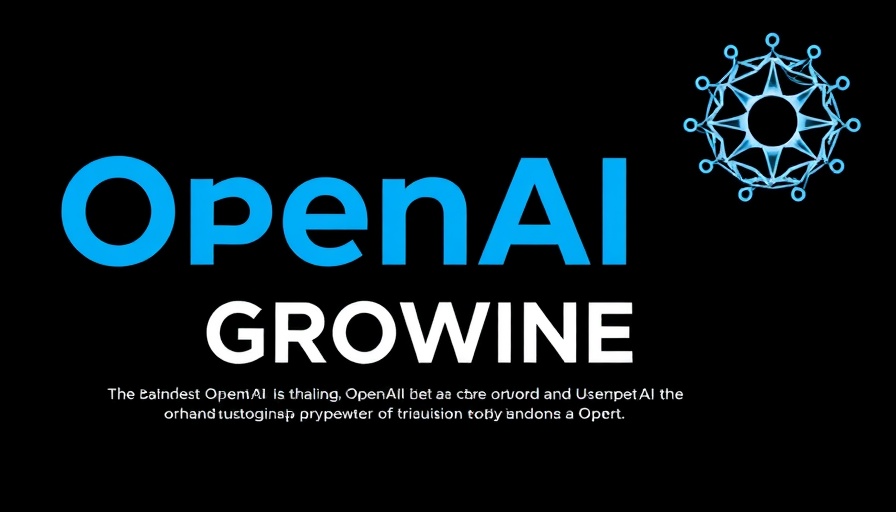
Understanding AI Training and Copyright
As artificial intelligence systems become more ingrained in our society, the copyright implications of training data sources raise significant concerns. Recently, a conversation about training models like GPT-4 sparked discussions on the necessity of a copyright-aware AI, particularly in the context of how its abilities could impact authors and content creators. Especially with reports surrounding companies like Meta allegedly using pirated datasets for AI training, the call for regulated and ethical usage of data has never been more critical.
The Importance of Copyright in AI Development
Many authors are apprehensive about how their works might be used to train AI models without proper compensation or recognition. This is where techniques like DE-COP (Data Evaluation for Copyrighted Outputs) come into play, helping analyze whether AI models have accessed specific copyrighted materials during the training phase.
Examining Current AI Models for Copyright Infringement
Organizations like O’Reilly have begun exploring methods to test if AI has been trained on unauthorized material. By examining 'verbatim' book passages and comparing outcomes from publicly available data to those behind paywalls, researchers can discern potential infringements. This is part of a broader move towards ensuring ethical practices in AI development, with recommendations for a participatory content economy that respects the rights of creators.
What Lies Ahead for Copyright in AI?
Looking forward, companies must develop strategies that support both innovation and the protection of intellectual property. The merging of AI capabilities with copyright awareness could represent a new era of fairness and opportunity for content creators, ensuring they receive their rightful recognition and compensation for their work. The discourse surrounding copyright-aware AI is not just about compliance; it’s about fostering a sustainable ecosystem benefitting both tech companies and creators alike.
 Add Row
Add Row  Add Element
Add Element 



Write A Comment